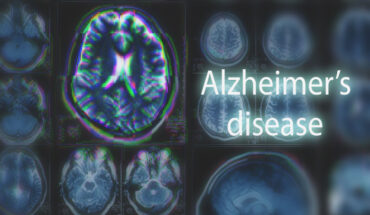Every year, thousands of clinicians and healthcare students undergo formal disciplinary hearings. Each case involves allegations of wrongdoing, from academic misconduct (e.g., cheating in exams or lying on an application form) to causing harm to patients.
Many defendants are advised, usually by their lawyer, to complete some sort of ethics course to deepen their knowledge of the ethical aspects of their conduct and to show the tribunal that they have made efforts to remedy any ethical failings.
There are few short ethics courses in the United Kingdom. Most of them are ill-suited to these clinicians. They are not short enough, or too far from home, contain mostly irrelevant content, or are held at the wrong time of the year.
As a result of my long-standing column on ethics in the British Medical Journal, I am regularly contacted by doctors in search of a remedial ethics course. Until recently, I have referred them to the few courses in existence, such as the intensive week-long Imperial College course on medical ethics which runs every September in London.
To fill the lacuna, in November 2019 I founded the Centre for Remedial Ethics. Its aim is to provide one-to-one, bespoke courses on medical ethics to clinicians in difficulty. The course typically lasts between ½ day and 1 day. The content of the course is determined by the nature of the clinicians’ circumstances.
The focus is on the ethics rather than the legal aspects of their situation. We may examine the Hippocratic Oath, the Declaration of Geneva, the guidance of the General Medical Council or their professional body, or NICE guidelines. We may apply frameworks such as the Four Principles to their circumstances (i.e., respect for autonomy, beneficence, non-maleficence and justice). The goal is to give the clinician a clear understanding of the ethical dimension of their actual or alleged violations, and explore ways to improve their ethical perception, reasoning, conduct and professionalism. It is the kind of real-life, high-stakes ethics that I most enjoy.
So far, I have had four clients: three doctors and one paramedic student. Unlike some of the medical students I taught as an academic ethicist, they are engaged and eager to apply their knowledge in their reflective statement, tribunal hearing and in the clinic. Some of them have never been taught ethics, or at least cannot remember any lectures from their time as students. The safety of the one-to-one teaching allows them to speak freely, without fear of judgement by others.
It is a course, I hope, that will make a practical difference to clinicians who are often at their lowest ebb and will change their outlook on medical ethics and the practise of medicine.
- COVID-19 Intensive Care Triage Protocol - 11th April 2020
- Remedial Ethics For Clinicians - 8th December 2019
- Doctors, Status and Social Media - 6th June 2019






